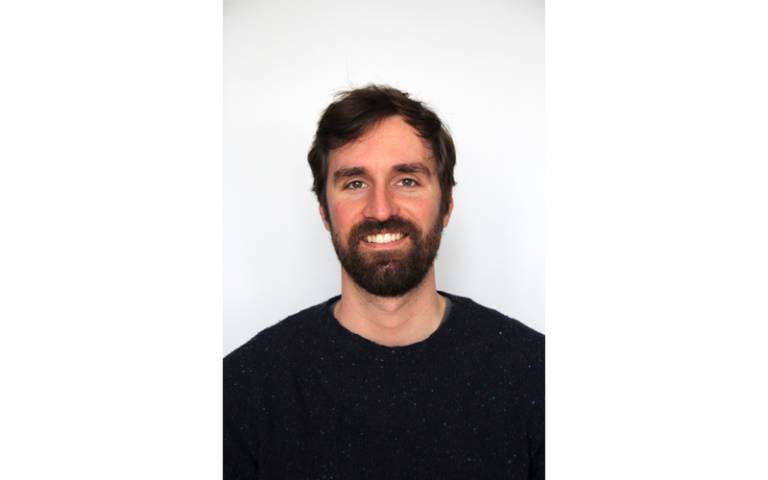Light and Lighting MSc alumni's research published in Sustainable Design & Applied Research journal
15 December 2020
Ben Ransley, who graduated from the UCL Institute for Environmental Design and Engineering’s (IEDE) Light and Lighting programme in 2019, has had his paper on the effect of light on circadian rhythms published in SDAR Journal of Sustainable Design & Applied Research.

The paper ‘An Overview of Recent Findings on the Effect of Light on Circadian Rhythms’, is based on research Ben undertook for his MSc for a module on Lighting Research where the students were asked to write about the influence of light on health and wellbeing. Ben was inspired by the topic because of “the underlying theme that human evolution hasn’t kept up with the rapid rate of change we’ve made to our environment. It’s only in the last 150 or so years that people spent so much time indoors.” This disparity leads to a complex problem; “working out which properties of natural light we need and which parts we can safely leave out when it comes to recreating it artificially.”
The paper provides a summary of the key experimental studies which have driven understanding of this subject forward.
Ben said that initially the research was quite challenging:
“It’s a subject that’s seen a lot of research in recent years due to the discovery that there are light sensitive receptors in our eyes that aren’t entirely used for vision. They’re used for (among other things) the timing of circadian rhythms, so that our brains know when to sleep and when to be alert. The task was to distil the research that’s been done so far into a coherent story, which was quite a challenge as it’s an area that’s still very active and unresolved.”
Research in this area could have a wide-ranging impact, especially for lighting designers. For instance, “it could provide a solid basis for reducing the amount of light we’re exposed to at night in public areas. It could also affect the design of daytime spaces.”
Ben says that the Light and Lighting MSc was “a massively rewarding experience.”
“I think the thing that I would highlight is the range of learning that you engage in over the year. We did everything from hand sketching to programming to physical model making, academic research, factory visits, daylight simulation and practitioner workshops. It’s a very broad programme which covers a lot of bases, but always in a rigorous and comprehensive way. I think it’s a result of the many years the programme has been running that the teaching staff are able to fit so much in in a smooth and well organised way, and you do feel in safe hands.”
In the new year Ben will be starting a graduate position at Arup. He said:
“ultimately, the course has enabled me to take my career well beyond my initial aspirations.”
We’d like to thank Ben for taking the time to talk to us and wish him luck in his new job.
Further information
- Read Ben’s paper ‘An Overview of Recent Findings on the Effect of Light on Circadian Rhythms’.
- Find out more about IEDE’s Light and Lighting MSc
 Close
Close

